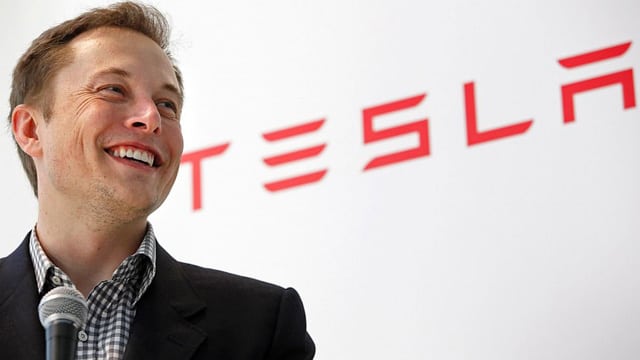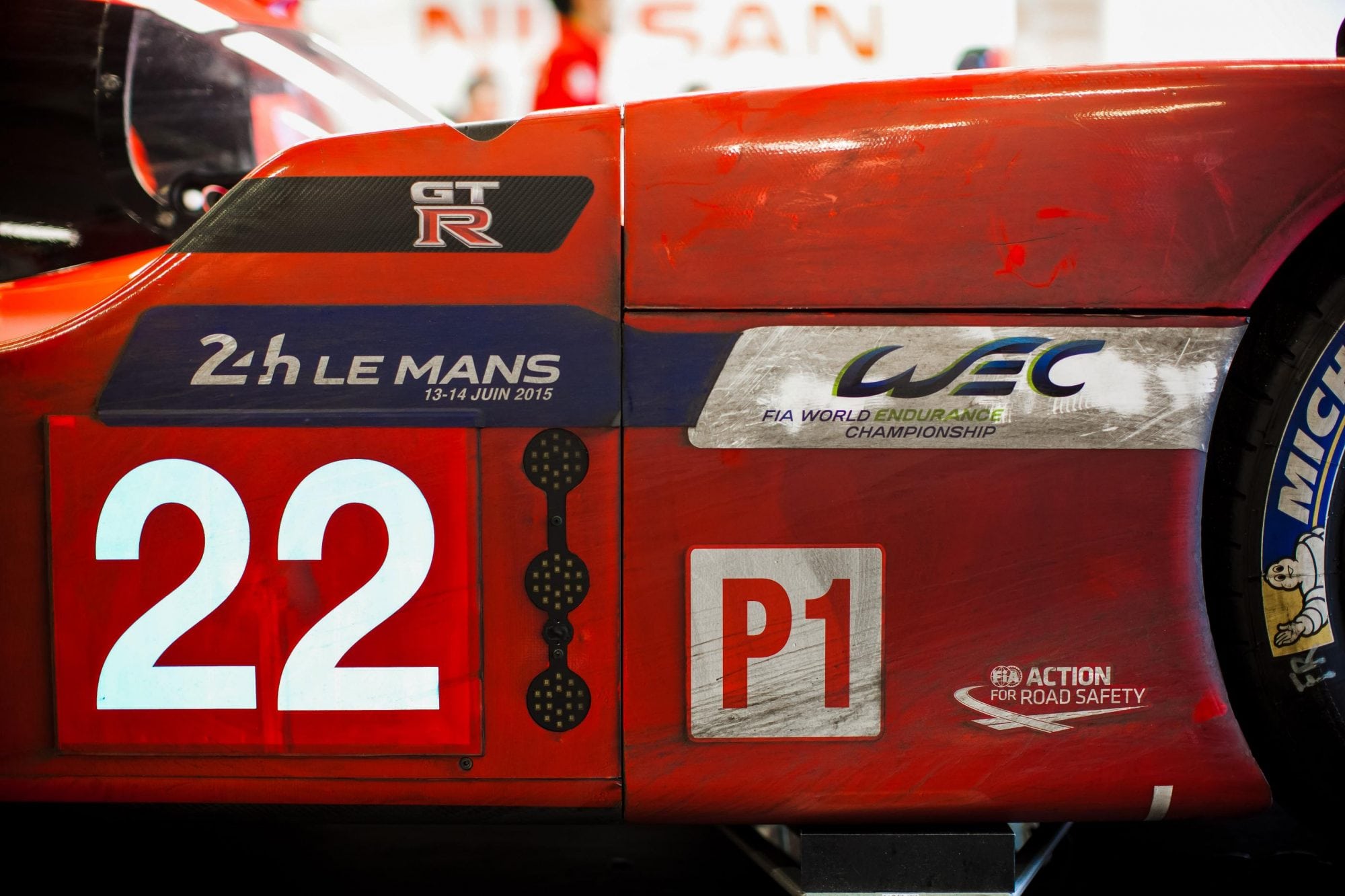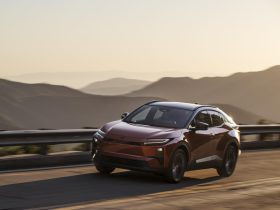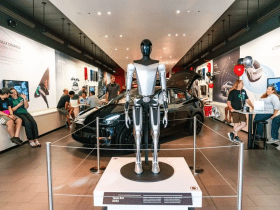The always entertaining Elon Musk, Tesla CEO, suggested recently that Tesla will build an electric competitor to the F-150 in the next 5 years. This immediately sent every truck site in the world in a frenzy with the majority scoffing at the idea. Yet, is there some truth to what he suggested? Here is what would make sense.
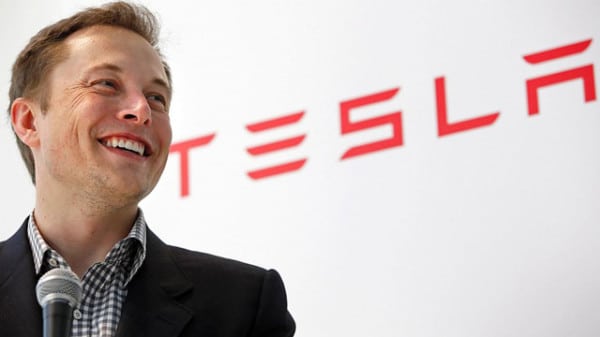
In an article on CNN Money, Musk was quoted as saying:
“If you’re trying to replace the most gasoline miles driven, you have to look at what people are buying,” he said after an appearance at a Business Insider conference. “That’s the best selling car in America. If people are voting that’s their car, then that’s the car we have to deliver.”
Now, there is no disputing that the top selling car in America is a pickup truck and it’s true if you really want to reduce our dependence on gasoline that alternative powertrains for pickups make sense. However, critics immediately jumped on the notion of an electric powertrain because it is largely thought to be best for small cars and sedans, not the behemoth, heavy full-sized trucks. Specifically critics point out:
- The Tesla battery back isn’t durable enough to handle the various needs of a pickup like offroading (see: the Tesla battery pack fires).
- An electric truck can’t tow a load for any real distance without completely sapping the power supply.
- The short range of the electric truck isn’t enough for most pickup users. This is especially true in Texas, home of the full-size truck market, where it isn’t abnormal to put 30-50,000 miles on a truck in a year with many hundred miles plus trips.
These are great points and a big reason why the “other” electric truck company, VIA motors, has struggled to get customers signed on.
Yet, what if Musk built an F-150 competitor that wasn’t meant for towing? What if he built a compact “city” truck that would be used in fleets and have low payload numbers? Now that could be the answer and it would be a competitor to some of the Ford F-150 fleet sales.
The truth is that small companies, fleets and a segment of the US truck buyers use midsize trucks all the time. The truck is small, easy to drive/park and can hold dirt, tools and other items in the bed that you don’t want inside an SUV. A perfect example of this use is Orkin, the pest control company. They lease/buy on an annual basis around 7,000 Toyota Tacoma mid-size trucks (used to be Ford Rangers, Ford screwed that up). Orkin says they like the mid-size truck because it is easy for all of their employees to drive and offers great access to the bed for their chemicals. When Ford discontinued the Ranger, they tried the F-150 and found it to be too large and too hard to get at the supplies in the bed. Could they use an electric truck? Absolutely.
Plus, there has been a growing need for midsize trucks to shrink to their compact brethren of years past. And with the pending CAFE regulations that require midsize truck fleets to have better MPG, an electric truck is starting to make more sense. Yes, range is an issue and yes, towing is an issue. Yet, if you build a midsize truck that isn’t designed to tow and has a small range (think: fleet, city or small farm use), Tesla could have a winner.
Why would Tesla offer it? Actually, they might be the only ones able to build it. The other, larger manufactures require a large market demand and have such high overhead that building a low-volume electric truck doesn’t make sense. Tesla is smaller and more nimble which means they can develop and produce one a lot quicker. Plus, Tesla has the knowledge on how to implement an electric powertrain in a truck. In case you didn’t know, there is a Toyota Tundra Tesla-powered test mule already out there.
Offering an electric compact truck also makes sense for Tesla’s growth plan. The truth is that the excitement over its sedan has subsided, the upcoming SUV will have limited market appeal and they need new fresh products, like a truck, to keep the company going.
Is it likely that Tesla will build a compact truck? Maybe, maybe not. What do you think? Let us know below.
[Source – CNN Money]


